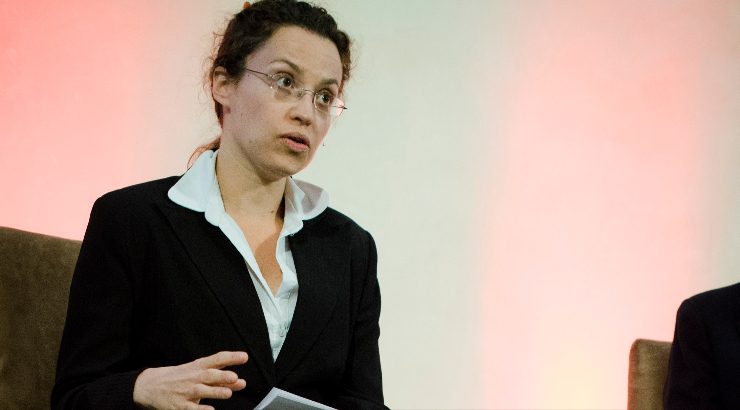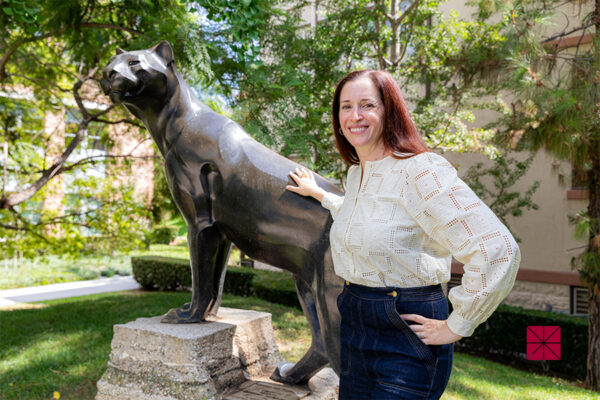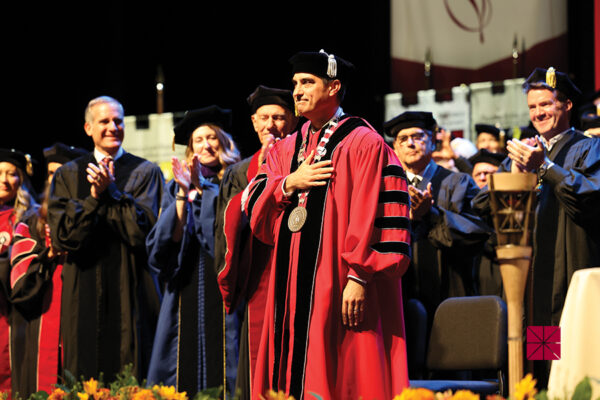| Wikipedia is one of the few trusted sources of reliable information left on the Internet. This, of course, is exactly why governments that want to promote a particular perspective have incentive to manipulate it.
New research by Chapman University and the University of Ottawa shows how a small group of individuals, with no ties to any government, can slowly erode reason and accuracy to promote ideological zeal and prejudice on Wikipedia. The paper, “Wikipedia’s Intentional Distortion of the History of the Holocaust” published today in The Journal of Holocaust Research. “For the last ten years, a group of committed Wikipedia editors have been promoting a skewed version of history on Wikipedia whitewashing the role of Polish society in the Holocaust and bolstering stereotypes about Jews,” says Shira Klein, associate professor of history at Chapman University in Orange, California and co-author of the essay, “Wikipedia’s Intentional Distortion of the History of the Holocaust” in The Journal of Holocaust Research. “Due to this group’s zealous handiwork, Wikipedia’s articles on the Holocaust in Poland minimize Polish antisemitism, exaggerate the Poles’ role in saving Jews, insinuate that most Jews supported Communism and conspired with Communists to betray Poles, blame Jews for their own persecution, and inflate Jewish collaboration with the Nazis,” adds co-author Jan Grabowski, a historian at the University of Ottawa. Klein and Grabowski spent two years uncovering who these distortionists are, how they work and how they get away with it. They examined dozens of public-facing Wikipedia articles, as well as hundreds of Wikipedia’s back pages, including talk pages (where editors discuss articles), noticeboards (where they ask questions and request assistance) and arbitration cases (where they take disputes). “What our study found is that these Wikipedians operate at the edges of what Wikipedia defines as permissible,” explains Klein. “They abuse the system by contesting the definition of reliable research. They spend hours legitimizing non-academic sources and fringe authors and discrediting trustworthy historians. As a result, when administrators and uninvolved editors arrive to settle a conflict, they have a hard time telling right from wrong.” About Chapman University ### Media Contact: Cerise Valenzuela Metzger, Director of Public Relations, cmetzger@chapman.edu Desk: 714-289-3143 Mobile: 657-390-6760 |




